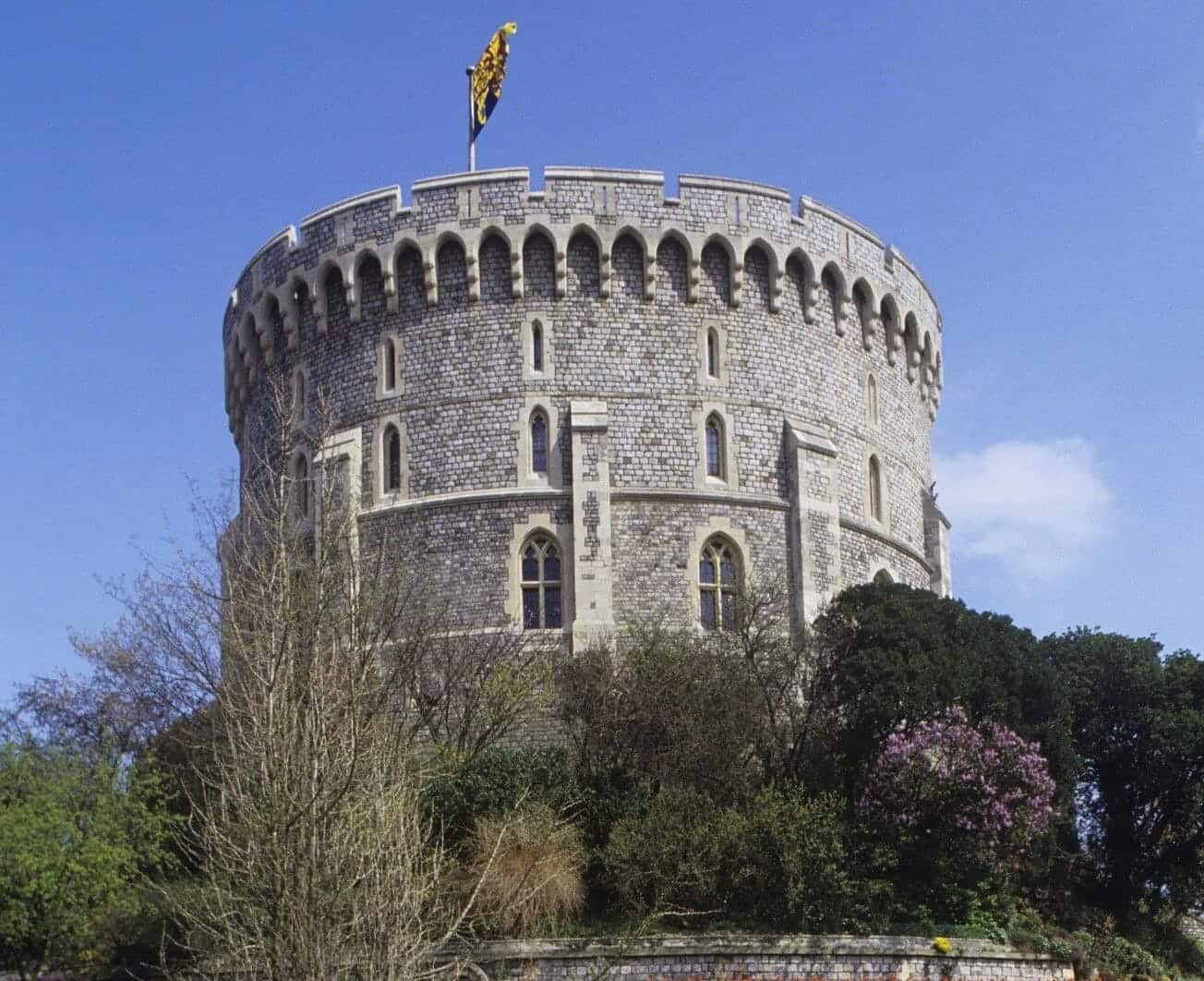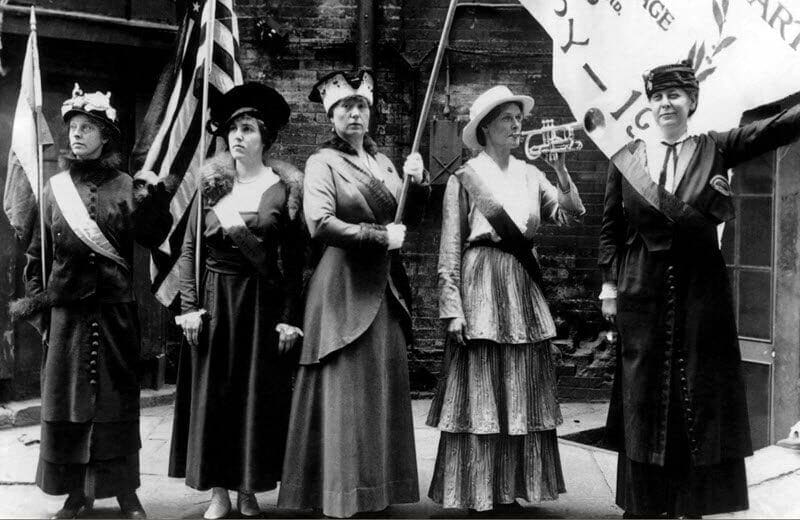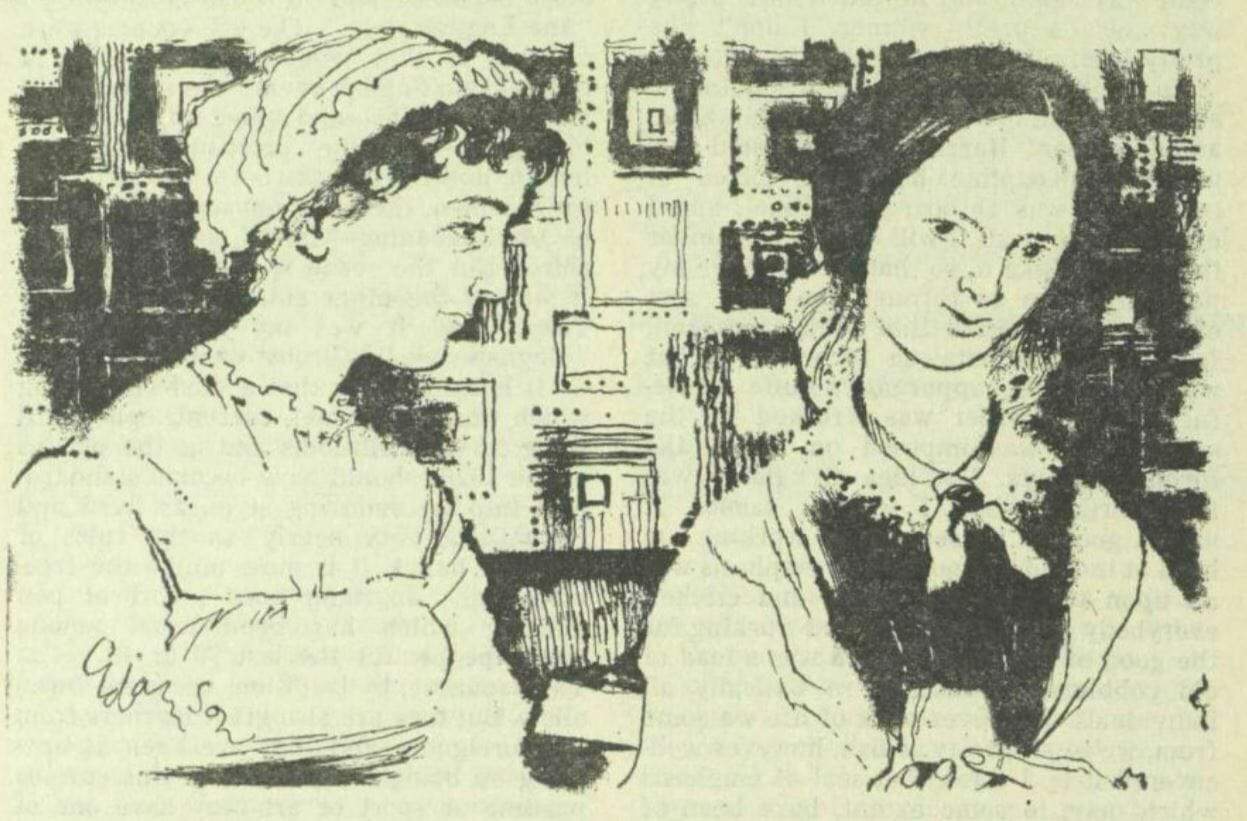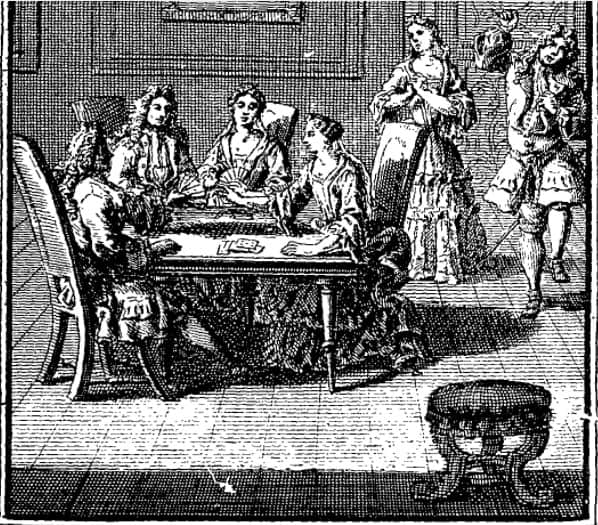The latest instalment of the extensive State Papers Online series sees two fascinating collections from the Royal Archives at Windsor Castle brought together to make the definitive Jacobite archive. In a new collaboration between the Royal Archives and Gale – with Daniel Szechi, Emeritus Professor at the University of Manchester, as academic advisor, and contributions from other leading academics in the field – this collection allows researchers to explore the Jacobites through their own words.
Month: March 2018
Women’s History Month
By Traci Cothran
How wonderful is it that following the release of the movie “Hidden Figures,” the stories of Dorothy Vaughan, Mary Jackson, and Katherine Johnson are now known by millions? Their collective story is an impressive and important one, yet it’s a part of our history that’s been concealed for decades.
What other significant contributions by women are also shielded from view? It’s a joy to uncover these gems, and allow them to inspire other women and girls today. To me, that’s what Women’s History Month is all about—shining a light on the often overlooked contributions made by women throughout history.
‘Sporadic riots’ and ‘false reports’ – British Reporting of the 1929 Igbo Women’s War
By Tom Henderson, Gale Ambassador at Durham University
In December 1929, British newspapers reported on ‘sporadic riots’ taking place in the British colony of Nigeria, targeting Warrant Chiefs and Native Courts across several districts. This was the Ogu Umunwaanyi or ‘Women’s War’: a coordinated insurrection of Igbo women against British colonial rule, ignited by a fear of taxation.
“Judge my work not me” Searching for misogyny in literary reviews
By Anna Sikora, Gale Ambassador at NUI Galway
In the recent movie To Walk Invisible (2016), a biopic depicting the lives of the famous Brontë sisters, Charlotte tells her sisters to publish their work under male pseudonyms. This, the oldest Brontë supposedly reasoned, was to prevent the publishers from judging the authors, and to invite them to judge the story instead. A certain degree of moral indignation prompted some of my students to take Charlotte’s statement as a cue to sweepingly proclaim that none of the Brontë sisters would have been published had they submitted as Anne, Emily and Charlotte. If this were true, said I (a woman), there would have been no literature by women in print until Ms Wolf entered the literary scene. Generalisations and hasty conclusions kill critical thinking, so let’s take a step back and read what was actually written about the early women writers publishing under their real names and literary aliases at the time their works hit the bookshop and library shelves.
Fashion and the Eighteenth-Century Public Sphere: from Tatler to Twitter
By Daniel Mercieca, Gale Ambassador at Durham University
‘Since t’is the intent and business of the stage,
To copy out the follies of the age
To hold to every man a glass,
And show him of what species he’s an ass’.[1]
– John Vanbrugh
The sharp, epigrammatic wit of John Vanbrugh’s preface to The Provoked Wife (1697), reflects the theatricality of eighteenth-century audiences and exposes the wider hypocrisy of the ‘Public Sphere’[2]. After the Restoration of Charles II, the New Printing Act (1662) led to a watershed of publishing and print culture in Britain[3]; a society in which political sentiments and private identities bled into each other. The torrent of periodicals, pamphlets and magazines circulated gossip and popular opinion, cultivating a highly self-conscious and extravagant nation.





